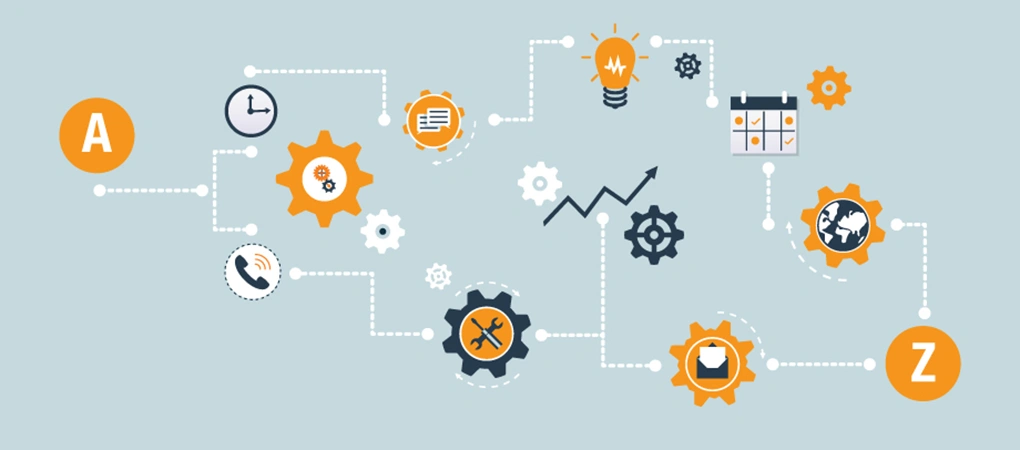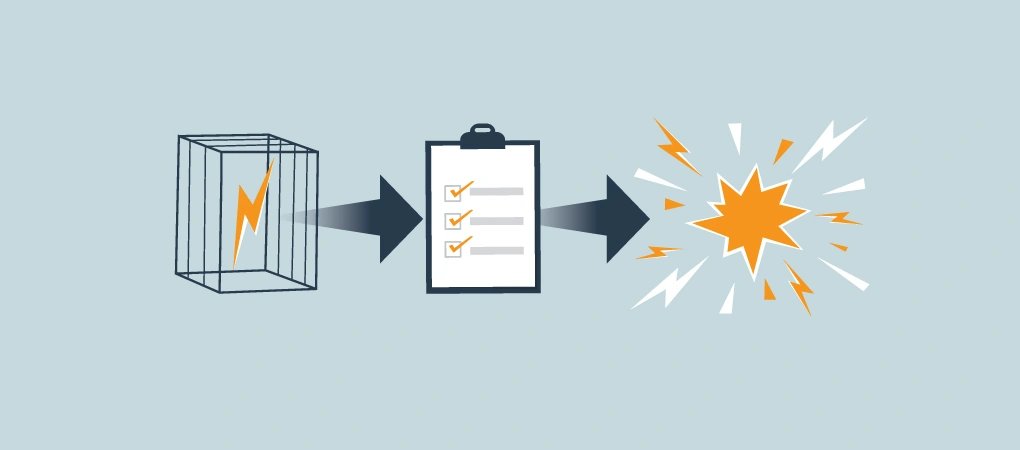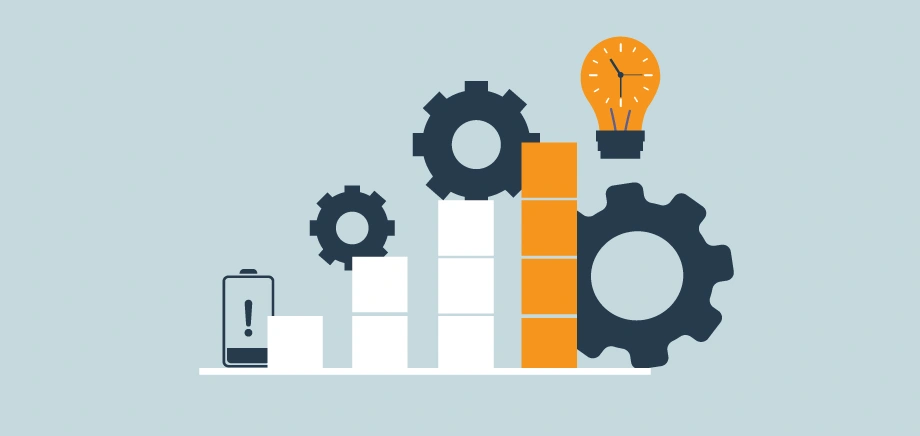How To Gain Back 3,000 Hours Of Your Time In Just One Year!
The Strategic Coach Team

Listen to the podcast below or subscribe to the Multiplier Mindset Podcast on iTunes.
From 80-Hour Weeks To Total Freedom, with Calin Riley
When Strategic Coach client Calin Riley heard his coach, Dan Sullivan, describe his WhoNotHow concept for the first time, something clicked. Hard. The owner of Riley Contracting Group, a thriving North Carolina construction company, Calin had been working 60- to 80-hour weeks, “grinding out, spending a lot of time involved in a lot of details. It was a pretty stressful experience.”
The wrong focus.
Most entrepreneurs’ first inclination when they’re growing and seeing great opportunities coming their way is to worry about how they’ll be able to get the work done. What will it mean in terms of time for them personally? How will they, personally, be able to fit it in and still keep their clients or customers happy? This mindset is a common entrepreneurial time roadblock.
Dan Sullivan says that how the work will get done is the wrong part of the equation to focus on. Really, entrepreneurs should always put their focus on the right “Who” that can help them to get the work done.
Dan’s WhoNotHow way of thinking is all about:
Admitting that you’re not the best person for every job in your company. You have skills, strengths, and a passion for doing certain activities in your business, but you may have to admit that hiring, for example, is something you loathe doing.
Acknowledging that everyone is different, with a different skill set, natural strengths, and passion for doing particular things. Not everyone is a good salesperson. Not everyone loves working with numbers and estimates. There are people out there, maybe right outside your office door, who love doing the organizing, scheduling, and follow-up that you dread doing and only have limited energy for.
Deciding to find the right “Who” to take care of doing each “How” in your business that will free you up to focus on your own natural strengths, the things that bring you your best results, the things you’re passionate about. This is what gets you past that entrepreneurial time roadblock.
Time to think and plan.
Dan is excited about how quickly Calin accepted the idea that as an entrepreneur, he can have really big goals that have a lot of “Hows” and still achieve them. “Calin’s role as entrepreneur is to define the vision and figure out what needs to be created. Then it’s all about finding the right ‘Whos’ to actually get the work done.”
“No ‘How’ time here, just ‘Who’ time,” says Dan.
Calin adds, “Focusing on things I’m not good at and don’t want to do anymore, and figuring out who would be the right person to do those things and love doing them, I freed up time to develop ideas I’d had for some time but hadn’t been able to move forward on for lack of time.”
In fact, he freed up over 3,000 hours in one year. (Calin thinks that’s underestimated!)
“Scaling up my team led me to have a lot more time to be able to actually start two other ventures I’d been thinking about for quite a while,” Calin relates. “One is a tech company that will introduce innovative new technology in the construction industry that will be a time-saving game changer.
“The other is a long-held passion project—maybe even more of a dream of mine—a piece of legislation that focuses on encouraging veteran entrepreneurship in North Carolina. We have a lot of military bases and a large number of veterans that I feel aren’t being well served. This idea could be a big breakthrough.”
Learn more about two Dan Sullivan thinking tools that inspired Calin to completely change how he had been using his time—his most important, yet finite, resource as an entrepreneur—to make huge gains on breakthrough goals he had “shelved” for lack of time.
Coincidence, or the brain looking for connections?
Calin also had the perfect way to get clear in his thinking on these two projects and start the process of turning dreams into reality.
He turned to The Impact Filter, Dan Sullivan’s favorite tool for knowing whether to pursue a breakthrough idea or project—being able to sell yourself on it, or not.
It involves clearly defining the project, imagining the best result if you did it and the worst result if you didn’t, and then zeroing in on the criteria that would tell you it was a success.
Calin says, “I knew that once I filled out an Impact Filter, the idea would be in the back of my mind, and I’d know exactly what I was looking for. I’d know it when I saw it.”
Impact Filters completed, Calin filed them away until he felt he could devote the necessary time to finding the type of people he would need to partner with. Almost immediately, he experienced—not once, but twice—a phenomenon that Dan Sullivan sums up in this quote:
“Our eyes only see and our ears only hear what our brain is looking for.”
It’s a newly pregnant woman walking down the street and, suddenly, she sees pregnant women at every turn. Or you adopt, let’s say, a Boston Terrier and can’t believe how many people you see walking their Bostons. You’ve likely experienced this phenomenon yourself.
Boom, boom. Two connections.
Calin says, “The very week after I’d put my thoughts down in the two Impact Filters, I was having coffee with someone who started talking about all his experience in legislation, which happened to be exactly what I needed to get my idea going.
“I asked him if he’d be interested in working together on this, and seven or eight months later, it has almost passed through all the necessary channels in the North Carolina government.”
Then it happened again.
“A similar thing happened with the tech company idea,” Calin says. “I had been so overwhelmed by my idea because I don’t know anything about tech. So my purpose in doing the Impact Filter had been the same: to find the right ‘Who’ to partner with me.
“This time, I ran into a good buddy of mine that I’d lost touch with. It turns out he had experience doing something very similar, and now we’re business partners and have started this new company together.
“If I had been stuck in ‘how am I going to do this’ thinking mode, I would never have gotten either of those two things done. But having the ‘who can help me do this’ mindset almost sets you up to be able to do anything.”
Entrepreneurial time roadblock gone, Calin has set up himself and his team of “Whos” to set and achieve the type of big, meaningful goals that make entrepreneurial life exciting, rewarding, and fun.







